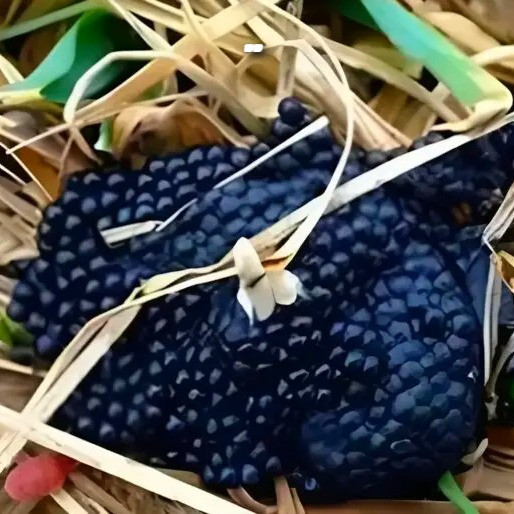ADVERTISEMENT
Absolutely! Here’s an informative and engaging article for the topic:
ADVERTISEMENT
—
# **Protect Your Garden: Eliminate Tick Eggs to Prevent Infestations**
Ticks are more than just a nuisance—they’re a serious health hazard. These tiny parasites can transmit Lyme disease, Rocky Mountain spotted fever, and other dangerous illnesses. While most people focus on removing adult ticks, **the real key to preventing an infestation lies in destroying their eggs** before they hatch.
If you love spending time in your garden or backyard, taking proactive steps to **eliminate tick eggs** can protect your family, pets, and plants from a potential infestation.
—
## 🕷️ **Understanding the Tick Life Cycle**
Before you can eliminate tick eggs, it helps to know what you’re dealing with. Ticks go through four life stages:
1. **Egg**
2. **Larva (seed tick)**
3. **Nymph**
4. **Adult**
A single female tick can lay **2,000 to 5,000 eggs at once**, usually in hidden, humid areas like tall grass, mulch beds, and leaf piles. These eggs are incredibly small—almost invisible to the naked eye—and hatch in about 2–4 weeks, releasing thousands of tiny larvae into your yard.
ADVERTISEMENT
—
## 🌿 **Where to Look for Tick Eggs in Your Garden**
Tick eggs are often laid in dark, damp, and undisturbed places. Focus your inspection and treatment efforts in areas such as:
* Leaf litter and compost piles
* Tall grass and brushy borders
* Around stone walls and woodpiles
* Shaded areas beneath shrubs or low-hanging plants
* Garden edges where wild animals (like deer or rodents) may pass
—
ADVERTISEMENT
## 🧹 **Step-by-Step: How to Eliminate Tick Eggs Naturally**
Here are some simple, effective ways to **disrupt the tick life cycle** and prevent eggs from hatching in your garden:
—
### ✅ 1. **Rake and Remove Leaf Litter**
Ticks love leaf piles. Regularly rake your garden and bag up any decomposing organic material. Don’t compost it—dispose of it off-site if you suspect ticks may be present.
ADVERTISEMENT
